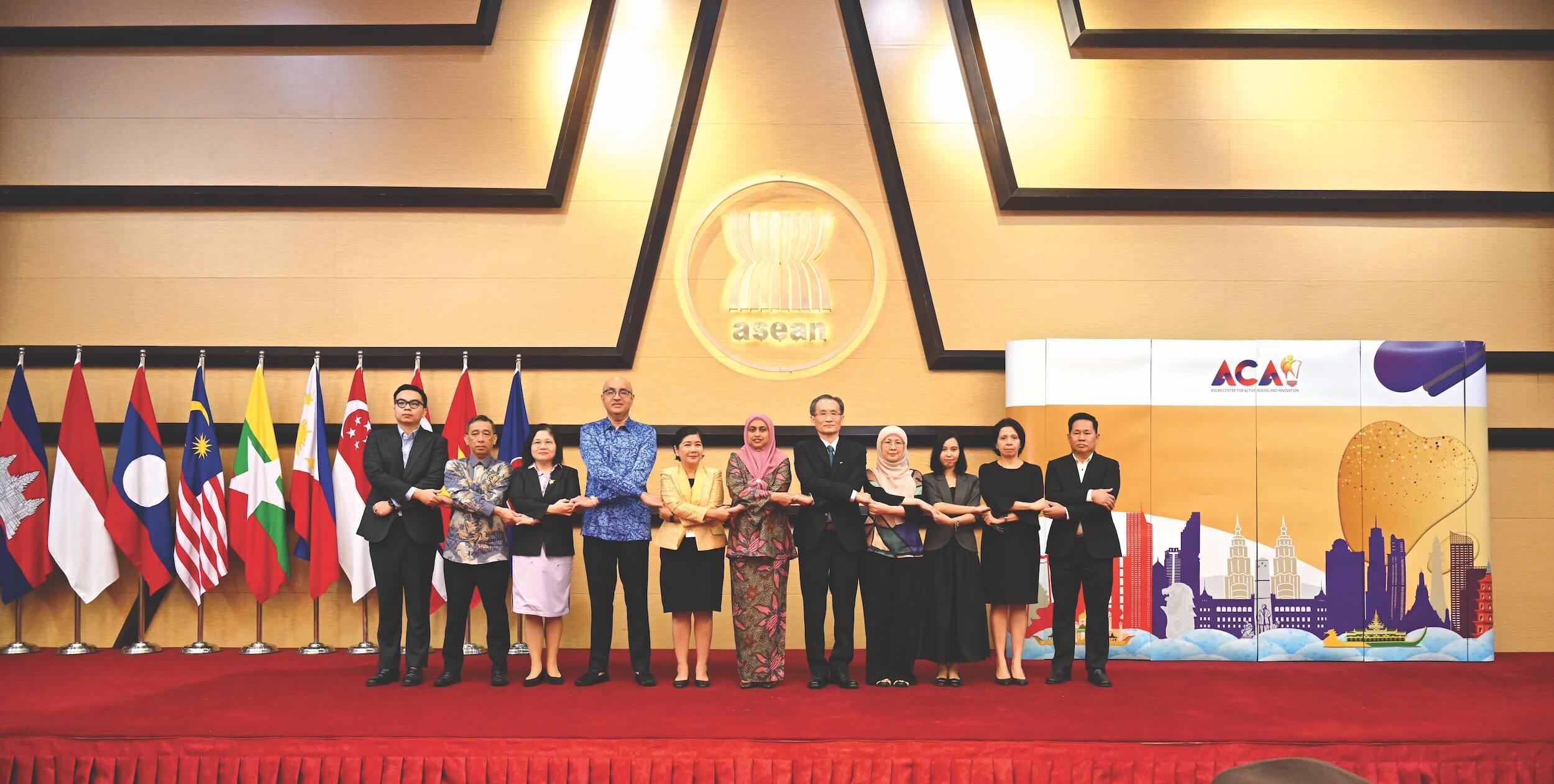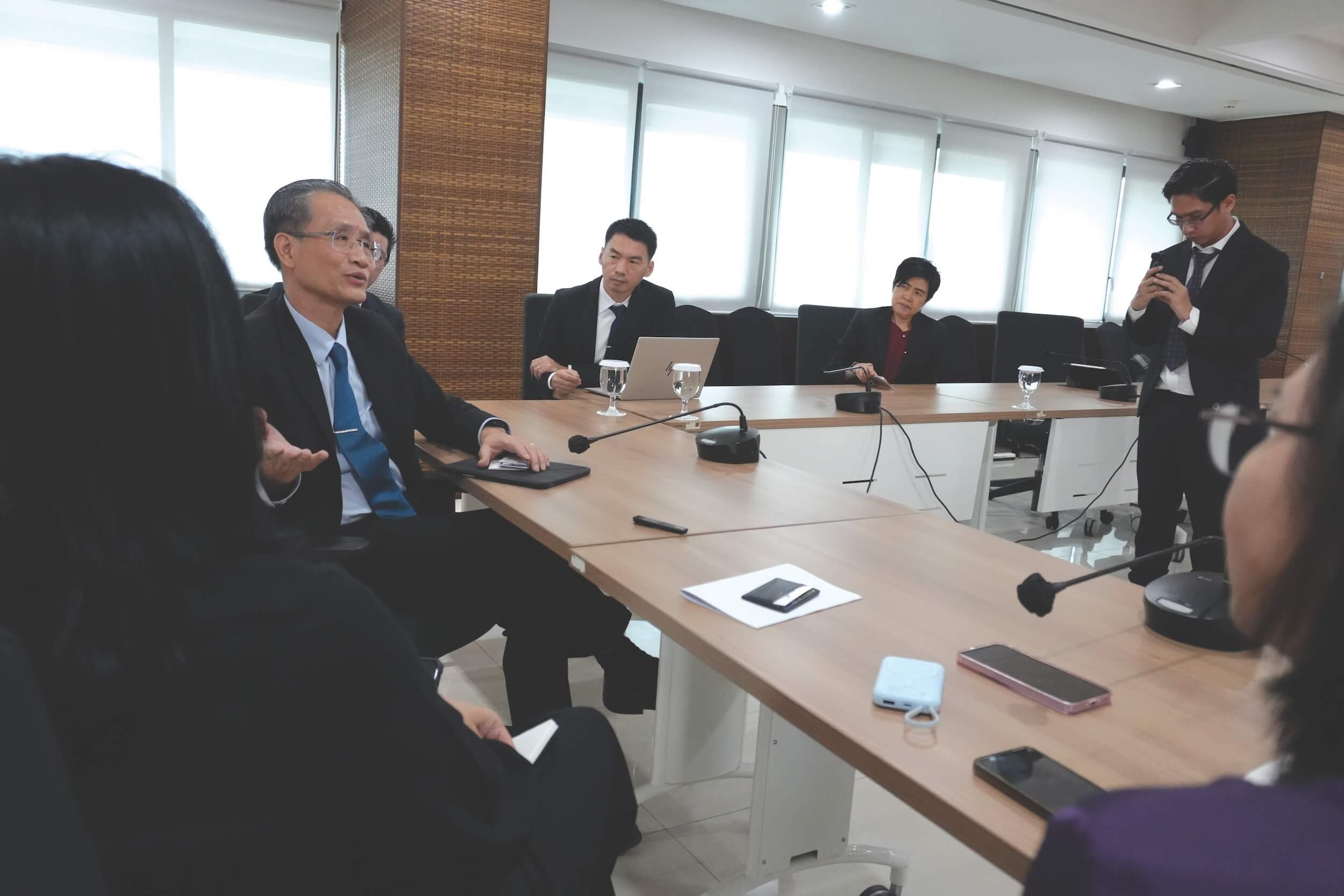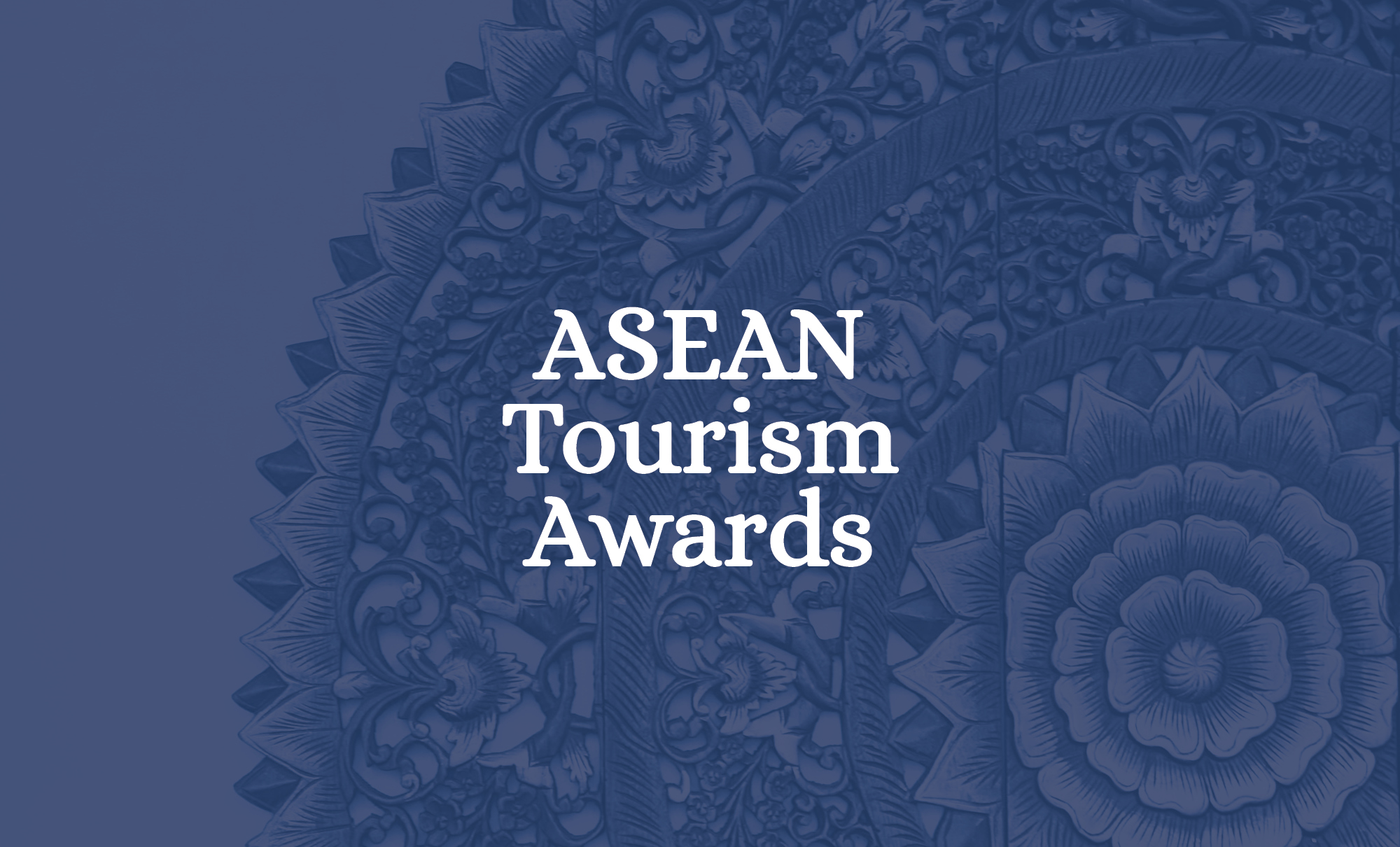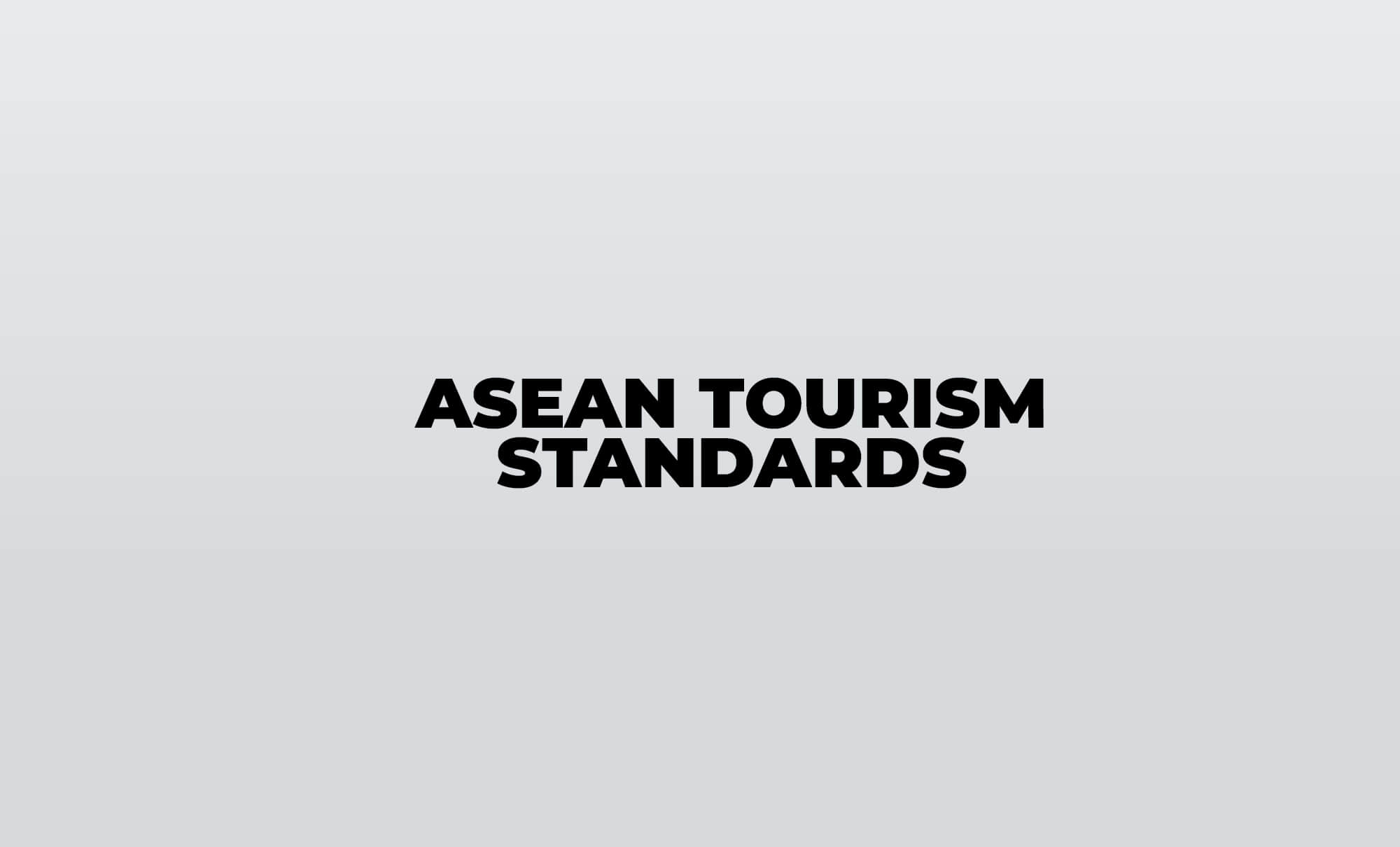



As the ASEAN region rapidly progresses, it also faces an unprecedented demographic shift: a rapidly ageing population. Recognising this trend, the ASEAN Centre for Active Ageing and Innovation (ACAI) was established. ACAI's aim is to help ASEAN Member States transform the challenges of this democratic transition into opportunities. Launched at the 36th ASEAN Summit in Thailand in November 2019, ACAI plays a pivotal role in fostering healthy, productive, and fulfilling lives for older persons across the ASEAN Member States.
The Chairman’s statement issued at ACAI’s launch outlined that “ASEAN recognised the importance of preparing for an ageing society and the continuing need to promote the well-being of the elderly in the region. The Centre’s mission is to serve as a knowledge centre on active ageing and innovation, support evidence-informed policies, strategies and guidelines on active ageing, implement capacity development programmes, and conduct research and development and innovation on active ageing in ASEAN. The Centre would also facilitate collaboration among ASEAN Member States, international and regional partners in supporting active ageing in ASEAN.”
On 3 March 2025, the Permanent Mission of Thailand to ASEAN, in collaboration with ACAI and with the support of the ASEAN Secretariat, hosted the Networking Dialogue with the ASEAN Centre for Active Ageing and Innovation at the ASEAN Headquarters/ ASEAN Secretariat.
The event brought together over 80 participants from ASEAN Member States, ASEAN partners, international organisations, and the private sector to explore opportunities for collaboration in advancing active ageing across the region. The dialogue aligned with the ASEAN Community Vision 2045 and Malaysia’s ASEAN Chairmanship priorities on inclusivity.
In her opening remarks, Phantipha Iamsudha Ekarohit, Ambassador and Permanent Representative of Thailand to ASEAN, highlighted that ASEAN is rapidly ageing, with one in seven ASEAN citizens expected to be over 60 by 2030 and nearly one in four by 2050. She reiterated that ACAI serves as ASEAN’s regional hub for research, capacity-building, and policy innovation, helping Member States prepare for an ageing society in a systematic, comprehensive, and sustainable manner. She also encouraged closer collaboration between ACAI, ASEAN Member States, and external partners to advance ACAI’s mission.
In his video remarks, Dr. Kao Kim Hourn, Secretary-General of ASEAN, underscored that all ASEAN Member States will become ageing societies within the next decade, with some on track to become super-aged societies. He noted that this demographic shift is both a challenge and an opportunity and emphasised that ASEAN has been working to mainstream population ageing into policies and national development plans.
He reaffirmed that ASEAN is committed to preparing for healthy, active, and productive ageing through frameworks such as the Kuala Lumpur Declaration on Ageing. He also commended ACAI for its work and encouraged stakeholders to engage with ACAI to support evidence-informed policymaking actively.
Dr. Somsak Akksilp, Executive Director of ACAI, provided insights into ACAI’s strategic direction and role in regional cooperation. He outlined ACAI’s key initiatives, including the ASEAN Active Ageing Index, lifelong learning and digital literacy programmes for older persons, and community engagement efforts.
He highlighted ACAI’s role in supporting ASEAN Member States in formulating policies on active ageing and noted the importance of multi-sectoral partnerships, cross-border collaboration, and sustainable funding. He invited ASEAN partners, the private sector, and international organisations to work together to advance active ageing policies and practical solutions.
The event also featured an interactive discussion, where participants explored strategies to strengthen ACAI’s role in ASEAN, promote data-driven policymaking, and leverage public-private partnerships to enhance active ageing initiatives. Delegates raised questions about integrating ageing policies into national frameworks, ensuring financial security for older persons, and bridging the digital divide to support lifelong learning and economic participation of older people.
In addition, the participants also suggested linking ageing with broader and interconnected challenges, such as socio-economic development, fertility rates, high maternal mortality, and climate change. They also emphasised the importance of engaging young people in the promotion of active ageing to raise awareness about the ageing population and prepare them for its implications.
There was also strong interest in collaborative research and regional knowledge-sharing platforms to enhance policy coherence and best practices across ASEAN.
The Networking Dialogue upheld the importance of regional cooperation in shaping a resilient and inclusive ageing society, ensuring that ASEAN remains dynamic and forward-looking for all generations. The discussions highlighted how ASEAN Member States and partners can collaborate with ACAI to drive policy innovation, research, and capacity-building efforts.
With this event, the Permanent Mission of Thailand to ASEAN solidified its commitment to supporting ACAI’s mission, strengthening regional cooperation, and enhancing ASEAN’s preparedness to address the challenges and opportunities of an ageing population.
This is a slightly edited version of the press release on the Networking Dialogue with the ASEAN Centre for Active Ageing and Innovation.
The video remarks of the Secretary-General of ASEAN, Dr. Kao Kim Hourn, may be accessed here: https://asean.org/secretary-general-of-asean-delivers-video-remarks-at-the-networking-dialogue-with-the-asean-centre-for-active-ageing-and-innovation-acai/

VIEWPOINT
Executive Director of ACAI, Dr. Somsak Akksilp, and his team sat down with The ASEAN and provided insights into ACAI’s strategic direction and role in regional cooperation. They outlined ACAI’s key initiatives, including the development of an ASEAN Active Ageing Index , lifelong learning and digital literacy programmes for older persons, and community engagement efforts.
How can ASEAN address the challenges of an ageing population and turn those into opportunities?
For ASEAN, developing a strong strategy for ageing and ensuring that elderly individuals are happy, healthy, and productive can position them as an essential consumer market. They can also contribute to production in various ways. On a global scale, ASEAN could become a hub for health and wellness for older people from Japan, Korea, Europe, and the Middle East. In those regions, healthcare and elderly care are expensive, and they lack the necessary workforce. Even when they have skilled workers, the wages are very high. ASEAN, however, has the potential to compete in this field.
This is a significant opportunity if we come together as one, unite, and recognise both the challenges and the potential. Leaders should exchange insights, such as what Indonesia has implemented in recent years, what Thailand has done, and what we can learn from Japan’s initiatives on healthy ageing.
We have already seen promising initiatives across ASEAN Member States. In Thailand, for example, a 30-year-old entrepreneur launched a platform for the ageing population. In the Philippines, a youth-led group secured investment in elderly care solutions.
This is precisely what ACAI is working on—gathering interventions and innovations from across ASEAN and learning from countries like Japan and Korea. By adapting these lessons to our regional context, we can transform these challenges into opportunities that not only improve healthcare but also accelerate ASEAN’s economic growth.
We are trying to establish ACAI as a knowledge hub, do the capacity building, support monitoring and evaluation, implement research and innovation, and produce some of the evidence-based, actionable-informed policies that will be useful for the ASEAN Member States.
We plan to collaborate with various partners within the Member States, including government agencies, associations, enterprises, community organisations, and universities, such as Mahidol and Chulalongkorn Universities in Thailand. We will also work with various implementing agencies so they can build the capacities they need and choose what they want from this innovation hub. This innovation hub can be used by different implementing agencies from various ASEAN Member States and utilised for their respective countries. So, for example, people from Indonesia and Thailand can be upskilling in another country.
ACAI will also ensure that we provide evidence-based policy and feedback to the SOMHD (Senior Officials’ Meeting on Health Development) and SOMSWD (Senior Officials’ Meeting on Social Welfare and Development) so that they can develop the best policies. These policies may be informed by research, and they may want to consider a regional framework for a policy on ageing. There will be a lot of connection, policy advocacy, and knowledge dissemination. We will also engage in significant policy advocacy in ASEAN Member States to share best practices from other countries. Hopefully, we can move towards active ageing in the future.
Our goal is to be a leading regional knowledge hub, generating international data. Collaboration and cooperation are key to active ageing in ASEAN across the region. We want to create an environment where older persons can live productively in ASEAN countries and beyond. International cooperation and partnership will help us to achieve our goal of active ageing.
What is Active Ageing?
As defined by the World Health Organization, it is a holistic approach. Active ageing includes health and non-health aspects. It encompasses physical health, mental well-being, and spiritual and social well-being. If health is defined as “being,” it relates to diseases and depression. Spirituality can be linked to a happiness index, while the social aspect can be broadly defined to include social security, human rights, and financial issues. It would be very comprehensive. We are now developing an ASEAN Active Ageing Index that will be tailored to the needs of ASEAN. There will be numerous indicators. Now, we have an Asian Active Ageing Index developed by a professor from Japan, but some of the indicators might not fit into the ASEAN context. This is why we are now redefining the indicators, and in the near future, we will have ASEAN’s standards to monitor the progress of active ageing.
There are numerous challenges to overcome in ASEAN countries, including healthcare gaps, limited access to healthcare systems, and long-term social issues, as well as economic and market pressures that contribute to the rapid ageing of the population. Older persons tend to be excluded from the decision-making system, so they have limited access to social participation. There are many problems like this. ACAI, with its programmes, over the next five years, aims to advance healthcare and social well-being, enable an inclusive economy, and promote inclusiveness. Supporting older persons’ involvement in society is key to overcoming these challenges.
The interview responses were slightly edited by the editorial team for length and clarity.








